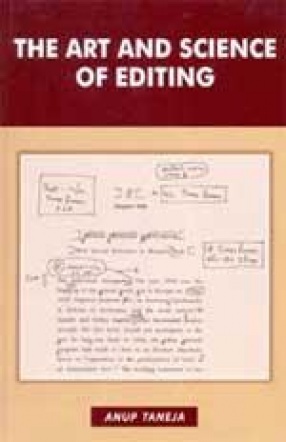Most authors feel that as a result of the changes made by the editors, their works might appear less than brilliant. A Good editor is able to convince the authors that their genius would be obscured minus the editorial revisions. Editors do not deny that the subject-matter of the manuscript is the author’s jurisdiction, but its presentation or organization and ‘packaging’, as Arthur Plotnik calls it, is the specially of the editor. The editor who shows due regards to the author’s knowledge of the subject and is able to explain this dichotomy to him, succeeds in making the author to submit to his ways in matters of ‘packaging’. Arthur Plotnik told a group of authors that the reason for their being was ‘communication’ and not nourishment of ego, praise of colleagues, money, or the love of generations to come. “You write to communicate to the hearts and minds of others what’s burning inside you†and we edit to let the “fire show through the smokeâ€. The editor should take utmost care to preserve the author’s originally. His job is to give a proper shape to the style in which the author’s ideas have been presented, not to the ideas themselves. Every individual has his own style of expression that imparts it individuality. If the editor smothers the author’s style, his individuality, it becomes ghost-writing, not editing.
The Art and Science of Editing
In stock
Free & Quick Delivery Worldwide
Bibliographic information
Title
The Art and Science of Editing
Author
Edition
1st ed.
Publisher
ISBN
8189131060
Length
xiv+353p., Bibliography; Index; 23cm.
Subjects






There are no reviews yet.